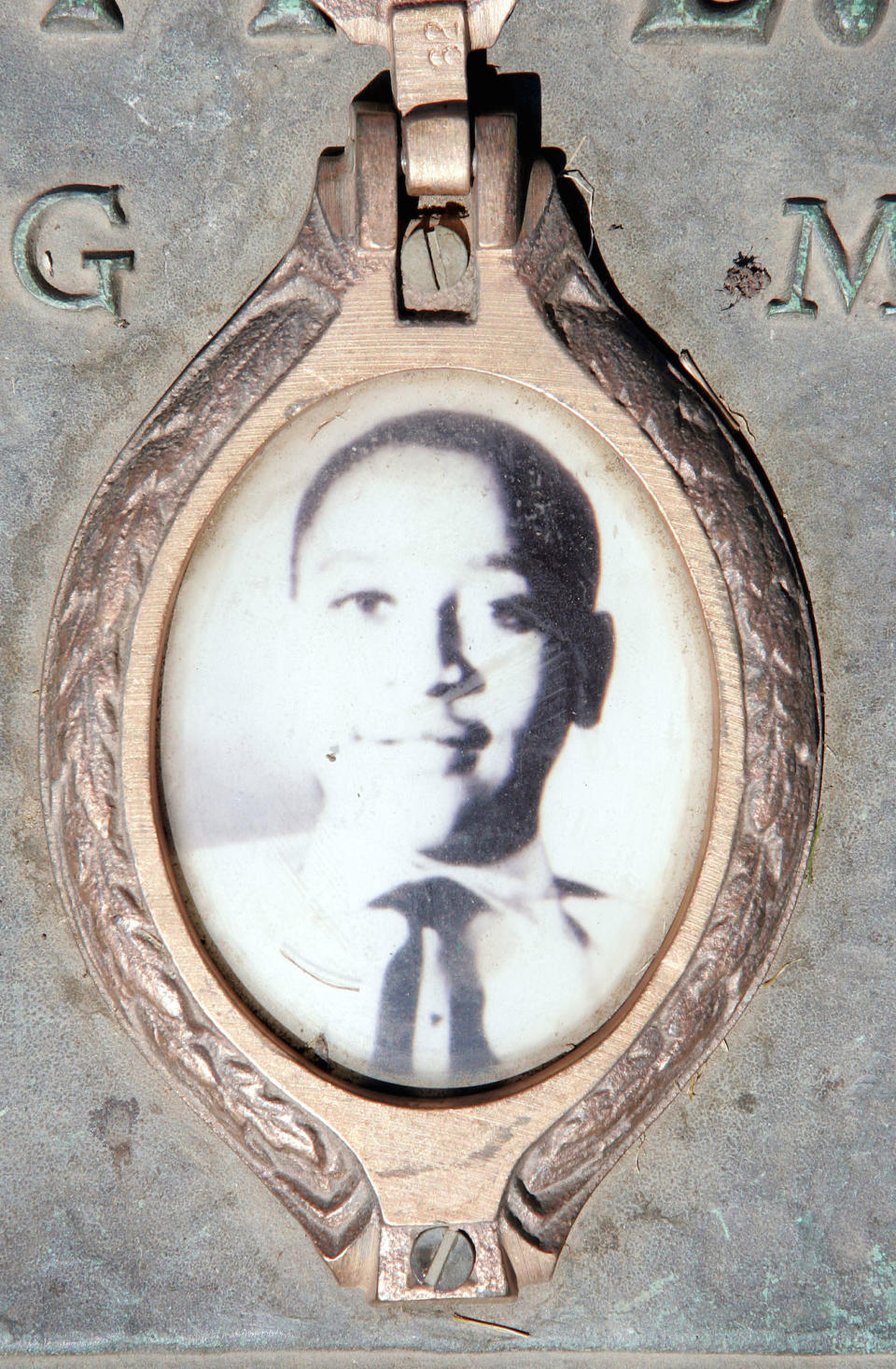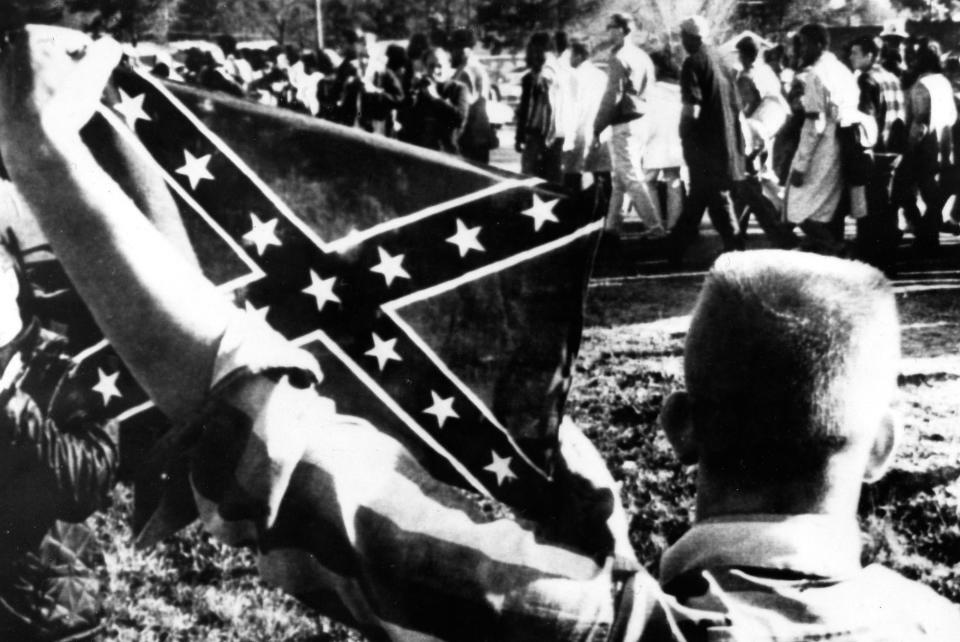The Expanded Emmett Till Act Comes at a Crucial Time

These are consequential times, but the bill President Obama signed this month might seem detached from them. After all, it's been more than 60 years since 14-year-old Emmett Till was murdered by two white men for the crime of whistling at a white woman. The new law that bears his name-the Emmett Till Civil Rights Crimes Reauthorization Act of 2016-is an expansion of a 2008 bill authorizing the FBI and the Justice Department to investigate hate crime cold cases from the Civil Rights era.

Since 1989, the United States' record on investigating cold cases has steadily improved. An early major victory was the 1994 conviction of Byron De La Beckwith for murdering Civil Rights icon Medgar Evers in 1963, according to USA Today. In the early 2000s, federal law enforcement took the lead in prosecuting two men, Thomas Blanton and Bobby Cherry, for their part in the Ku Klux Klan's 1963 bombing of a Birmingham church that killed four young girls. Edgar Ray Killen, who orchestrated the killing of three Civil Rights activists in Mississippi during the Freedom Summer of 1964, was convicted in 2005.
The 2008 bill mandated that the FBI report to Congress on the cold cases it is investigating. The new law continues that mission, and encourages federal law enforcement to collaborate with "activists, advocates and academics working on these issues," like the Southern Poverty Law Center. Since 2006, the FBI has used a list from the SPLC to pursue more than 100 civil rights cold cases.
Whether or not it directly leads to more convictions, the new law comes at a crucial time. A massive spike in hate crimes took place immediately following Donald Trump's election last month. While the pace has since slowed, that outbreak of hateful violence-particularly against immigrants-was a reminder that chaotic times and the empowerment of fringe elements spell danger for society's more vulnerable groups. The so-called "Till Bill 2" promises that, even if it takes decades, racist violence and hate crimes will be met with justice, as long as we have the collective will to pursue it.
The bill also arrives at a time when ideas of history and objective reality themselves are under attack. Both before and since election day, Donald Trump and his surrogates have attempted to create their own information vortex, where anything is true if enough people believe it. That culminated with Scottie Nell Hughes' gobsmacking declaration that "there's no such thing, unfortunately, anymore as facts."

That's an effective strategy to quash inconvenient details about the present, but also to divorce the present from the past. That's how you conclude that racism is over, so we no longer need a robust Voting Rights Act to protect the rights of people of color in historically oppressive areas. That's how you spawn the now-widespread conservative belief that calling someone racist is worse than doing or saying racist things. It's how a lukewarm defense of blackface appears in the opinion pages of The Washington Post the day after Christmas in 2016.
The new Till Bill, it should be noted, was introduced by Republican Senator Richard Burr of North Carolina. That's an encouraging sign at a time when his party and its organizing ideology hold that racism ended long ago. (The Senate will also be the only realistic check on the next administration, which, as it stands, will have Jeff Sessions at the helm of the Justice Department.) The bill doesn't just acknowledge the country's ugly history on race. In expanding the window for investigations, it acknowledges that some of the worst of that history is more recent than we'd like to think. It also reminds us that while most things have a statute of limitations, the struggle to atone for our nation's original sin is pretty much eternal.
You Might Also Like

